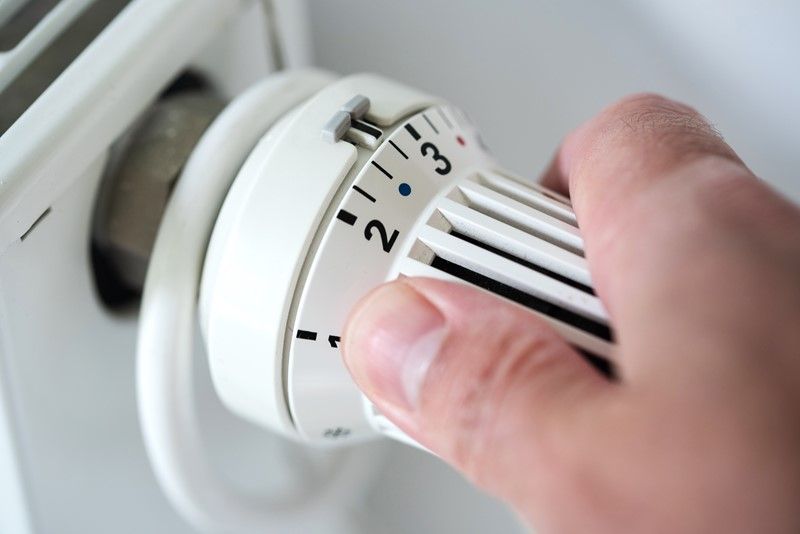Tax Diary January/February 2026
1 January 2026 – Due date for Corporation Tax due for the year ended 31 March 2025
19 January 2026 – PAYE and NIC deductions due for month ended 5 January 2026. (If you pay your tax electronically the due date is 22 January 2026).
19 January 2026 – Filing deadline for the CIS300 monthly return for the month ended 5 January 2026.
19 January 2026 – CIS tax deducted for the month ended 5 January 2026 is payable by today.
31 January 2026 – Last day to file 2024-25 self-assessment tax returns online.
31 January 2026 – Balance of self-assessment tax owing for 2024-25 due to be settled on or before today unless you have elected to extend this deadline by formal agreement with HMRC. Also due is any first payment on account for 2025-26.
1 February 2026 – Due date for Corporation Tax payable for the year ended 30 April 2025.
19 February 2026 – PAYE and NIC deductions due for month ended 5 February 2026. (If you pay your tax electronically the due date is 22 February 2026)
19 February 2026 – Filing deadline for the CIS300 monthly return for the month ended 5 February 2026.
19 February 2026 – CIS tax deducted for the month ended 5 February 2026 is payable by today.




